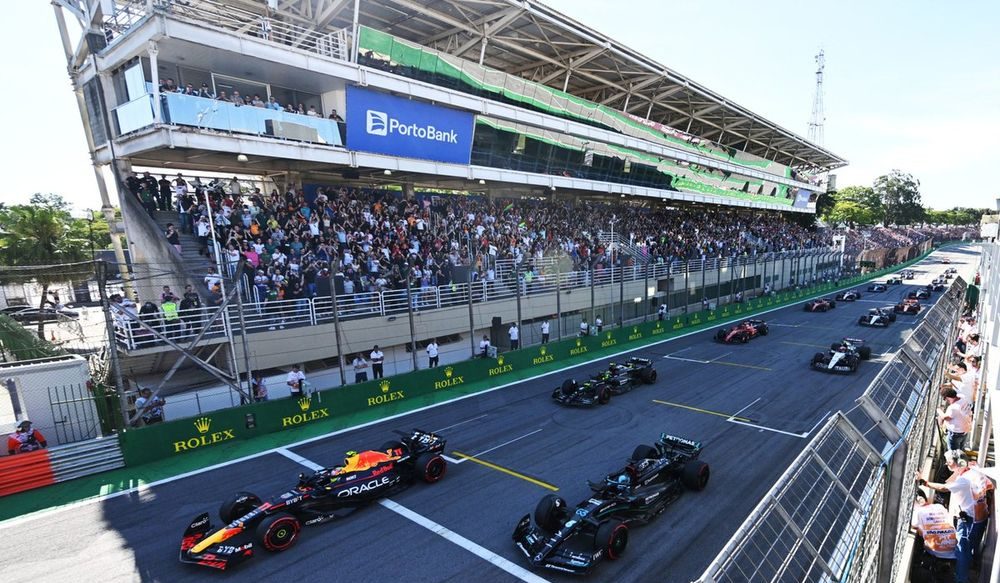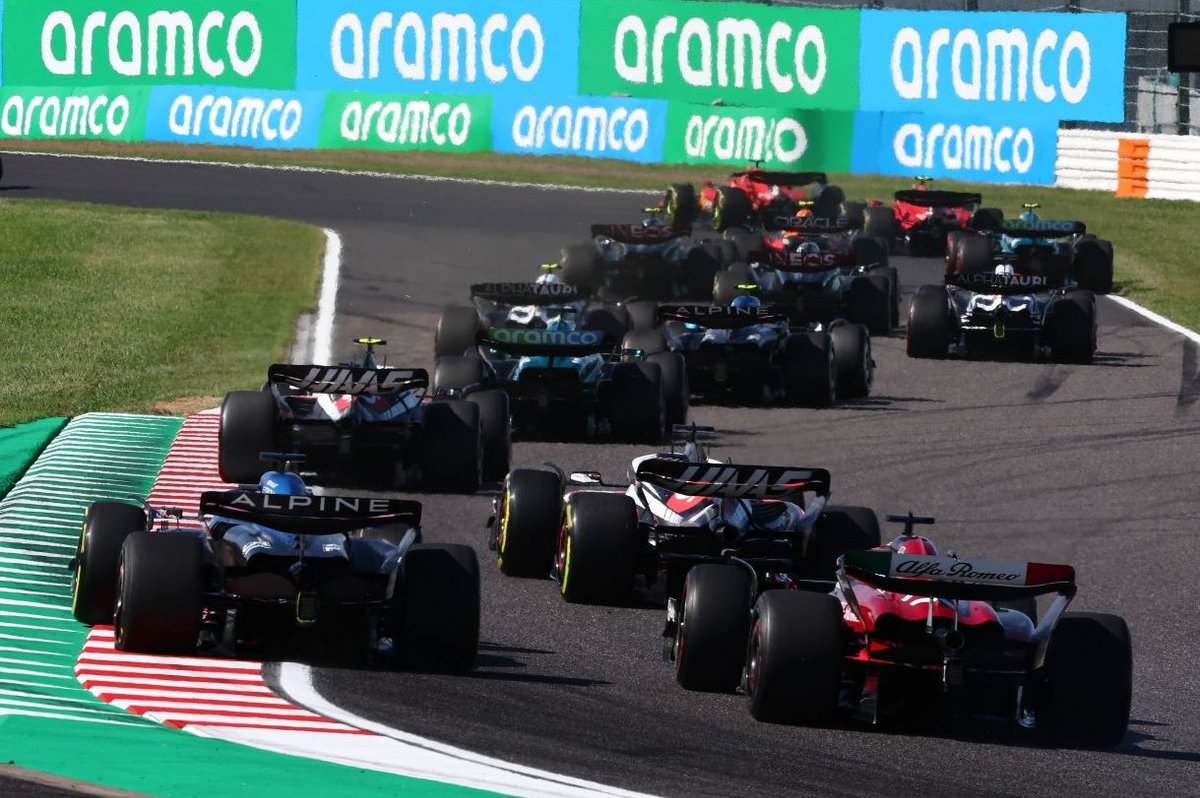Liberty Media and Formula 1 have achieved notable success in advancing the championship since 2017, but a recent decision regarding the potential entry of Andretti Cadillac has raised eyebrows.
The announcement, made exactly seven years and seven days after the transition from Bernie Ecclestone to CEO Chase Carey, explained why Andretti Cadillac’s entry was rejected. While the refusal wasn’t unexpected due to the complexities of accommodating an 11th team, the justifications provided stirred controversy.
One noteworthy point was F1’s assertion that the Andretti name, while recognized by fans, would gain more value from F1 than the other way around. This sparked a reaction, especially from U.S. fans who are aware of the iconic Andretti name’s significance beyond motorsport in their country.

The rejection also attracted attention from the FIA, as new entry approvals shifted from their responsibility to F1 under the latest Concorde Agreement. The disagreement over Andretti strained the relationship between FIA president Mohammed ben Sulayem and F1 CEO Stefano Domenicali.
Andretti Cadillac, the first team to clear the initial FIA approval stage, faced obstacles during F1’s commercial assessment. The technical aspects emphasized by F1 seemed to contradict the FIA’s prior approval, creating tension between the two governing bodies.
Andretti responded, expressing strong disagreement with F1’s views and confirming its commitment to moving forward. A communication mishap was revealed when F1 claimed to have invited Andretti for an in-person meeting, which Andretti stated they were unaware of due to the invitation landing in a spam folder.
Despite the setback, Andretti clarified its focus on entering F1 in 2026 and addressed concerns raised by F1 regarding its ability to transition from the 2025 rules to the 2026 regulations. The team emphasized its operational readiness and experience among its staff.
F1’s concerns about a compulsory power unit supply and operational challenges in pitlanes were countered by Andretti. The team highlighted its voluntary agreement with Renault for a power unit supply and questioned why logistical issues weren’t addressed earlier, considering the Concorde Agreement’s provision for 11th and 12th teams.
While the rejection was a setback, F1 acknowledged the potential for a works Cadillac project with a new power unit in 2028. However, the late recognition may have come too little, too late for General Motors, a significant automotive player committed to Andretti.
As the saga unfolds, the future entry landscape and the implications of a new Concorde Agreement in 2026 remain uncertain. For now, Andretti’s determination to enter F1 in 2026 remains intact, leaving the championship with a complex situation to navigate.

